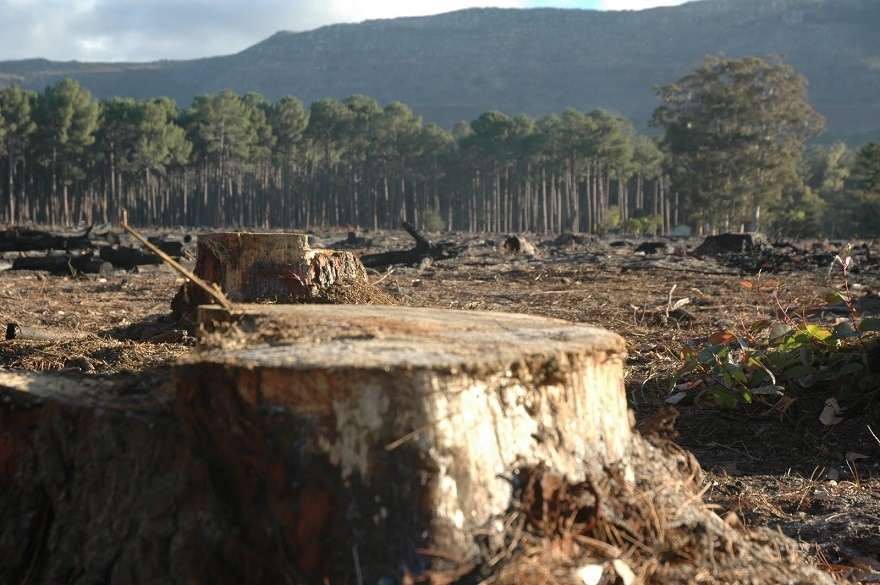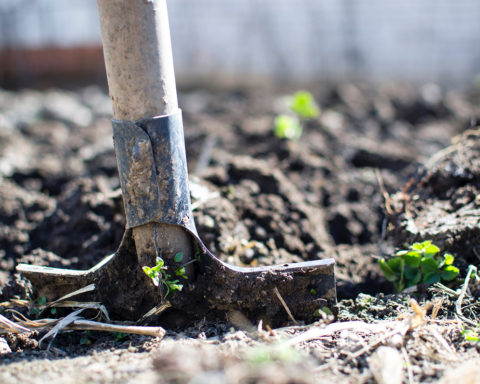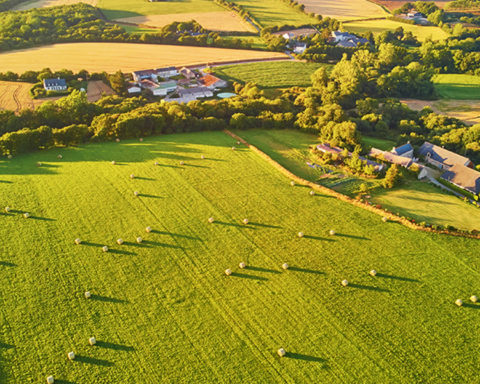Déforestation : Etat des lieux
Vers une dynamique vertueuse

Surveillance des plantations

L’inscription à UP’ est totalement gratuite
L’inscription est sans aucun engagement de votre part11
L’inscription à UP’ est totalement gratuite
L’inscription est sans aucun engagement de votre part11
L’inscription à UP’ est totalement gratuite
L’inscription est sans aucun engagement de votre part11
rejoignez gratuitement le cercle des lecteurs de UP’





Déjà inscrit ? Je me connecte
Inscrivez-vous et lisez trois articles gratuitement. Recevez aussi notre newsletter pour être informé des dernières infos publiées.
→ Inscrivez-vous gratuitement pour poursuivre votre lecture.

Vous avez bénéficié de 3 articles gratuits pour découvrir UP’.





